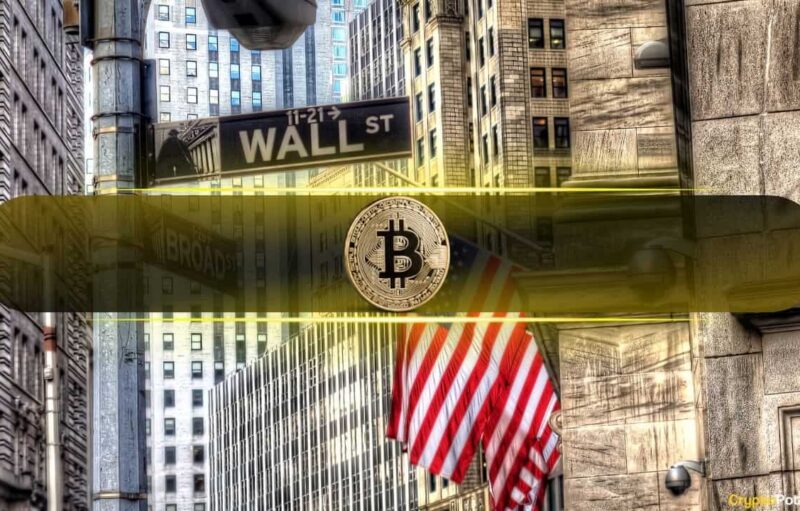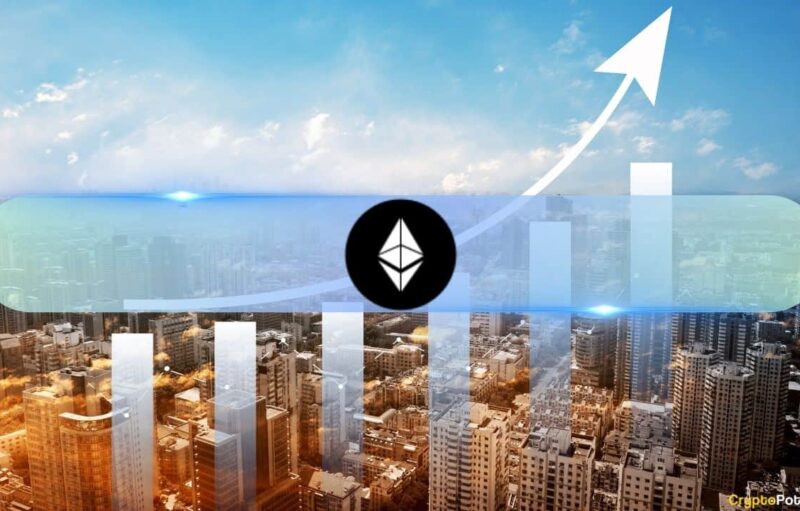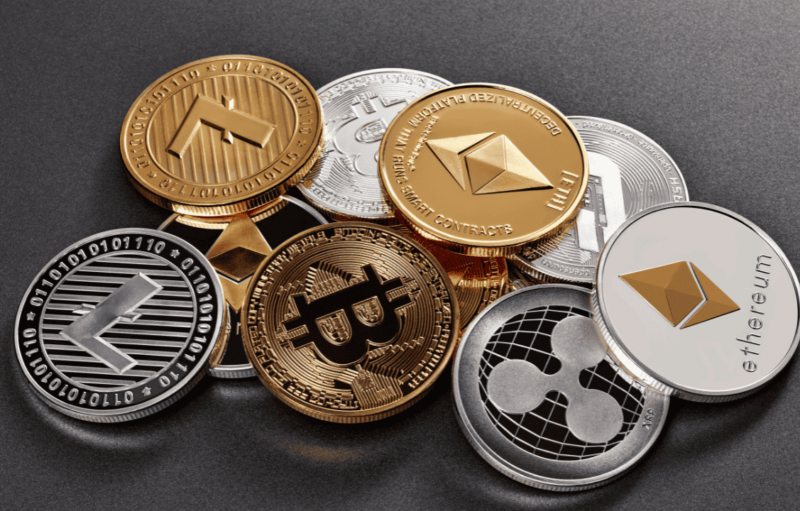
Ethereum co-founder Vitalik Buterin admitted in a tweet that the higher transaction fee on the second-largest blockchain network is opening the door to security risks. However, he said that the fee market reform EIP 1559 will solve this.
Higher Transactions Fees Vs. Block Reward Encourage Malicious Mining
In a recent tweet, Buterin said that the transaction fee revenue had got closer to 50% of the block reward revenue on Ethereum.
Transaction fee revenue is now nearing half as high as block reward revenue. This actually risks making ethereum *less* secure because of https://t.co/Dase8SL30z. Fee market reform (ie. EIP 1559) fixes this; another reason why that EIP is important. pic.twitter.com/eqU3tAMh67
— vitalik.eth (@VitalikButerin) July 21, 2020
While this may not be a security issue today, the higher fees versus block rewards can pose a threat to the network in the long-term. This potential risk has been analyzed in a research paper from Princeton, which actually discussed Bitcoin.
For Ethereum supporters, the research conclusions make a good case for the Proof of Stake (PoS) instead of Proof of Work (PoW). That’s another reason why the community waits for ETH 2.0.
Specifically, the research found that selfish mining becomes a real threat, especially when transaction fees exceed the block rewards. The paper mentions several malicious mining behaviors that make sense from an economic perspective.
These deviant strategies involve miners who undercut each other by encouraging forks to benefit from hefty transaction fees. The research reads:
“We show that this results in an equilibrium with undesirable properties for Bitcoin’s security and performance, and even non-equilibria in some circumstances. We also revisit selfish mining and show that it can be made profitable for a miner with an arbitrarily low hash power share, and who is arbitrarily poorly connected within the network.”
How EIP 1559 Addresses Selfish Mining Risks in Ethereum
The Ethereum Improvement Proposal (EIP) 1559, first introduced in April last year, calls for several changes that would make transaction fees more predictable on Ethereum and make sure that ETH’s value is manifested at the protocol level.
The EIP upgrade would make the network more flexible by dynamically changing the block size based on the number of transactions waiting to be validated and by charging users during high demand to avoid congestion.
There are two new solutions that can achieve it: a burnt base fee (called BASEFEE) for transacting on Ethereum and a tip to miners. The base fee will maintain at a predetermined level, depending on network conditions. Elsewhere, the tip will incentivize miners for their work. Users can increase the tip to “skip” the transaction line.
The burning of ETH in transaction fees through the BASEFEE ensures a deflationary model to the token’s supply. This adds to the long-term security of the network. The gas management will become clearer. The auction-style approach is inefficient and results in overpayments to block validators.
While there are some alternatives to address the current fee mechanism, Buterin himself supports EIP 1559.
Click here to start trading on BitMEX and receive 10% discount on fees for 6 months.
The post appeared first on CryptoPotato






